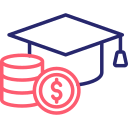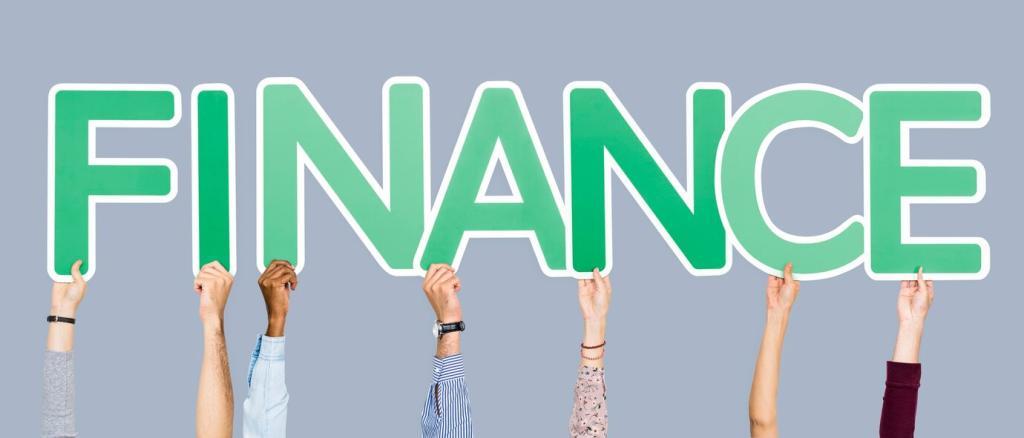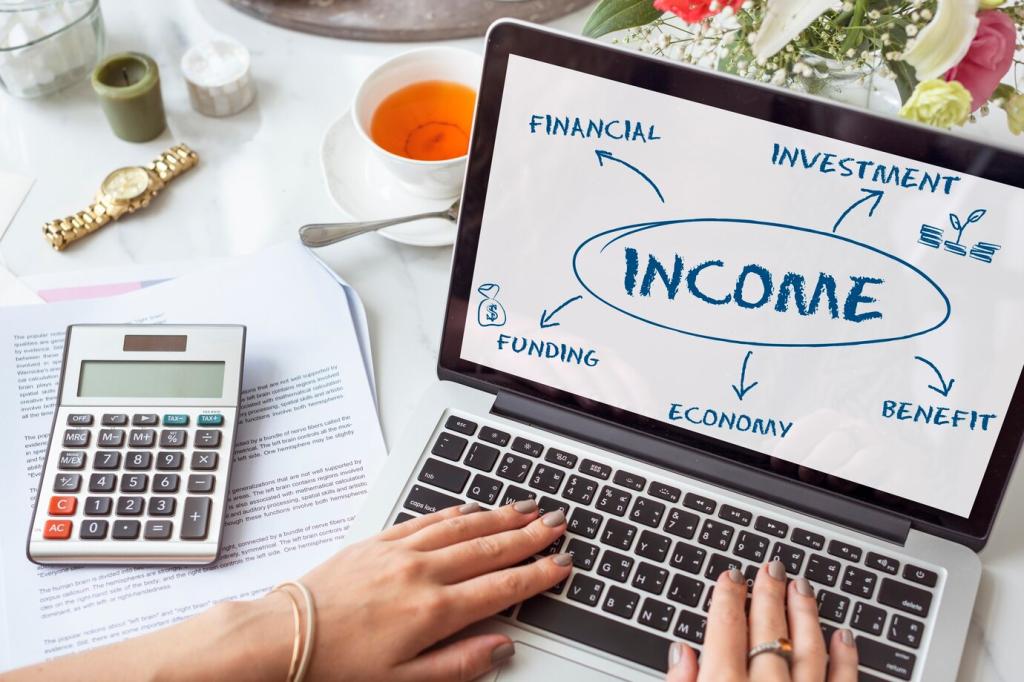Stories from the Field: Small Wins, Big Ripples
Maya used an app’s weekly checklist to stash ten dollars at a time. After three months, a cracked phone screen didn’t derail her semester. She messaged us: tiny lessons plus tiny deposits felt like magic she made herself.
Stories from the Field: Small Wins, Big Ripples
A module on payment methods helped Tariq notice recurring delivery fees eating his side‑gig income. Switching to batch shopping saved thirty dollars a week. The app’s real‑world exercise turned a subtle leak into a measurable, motivating win.




